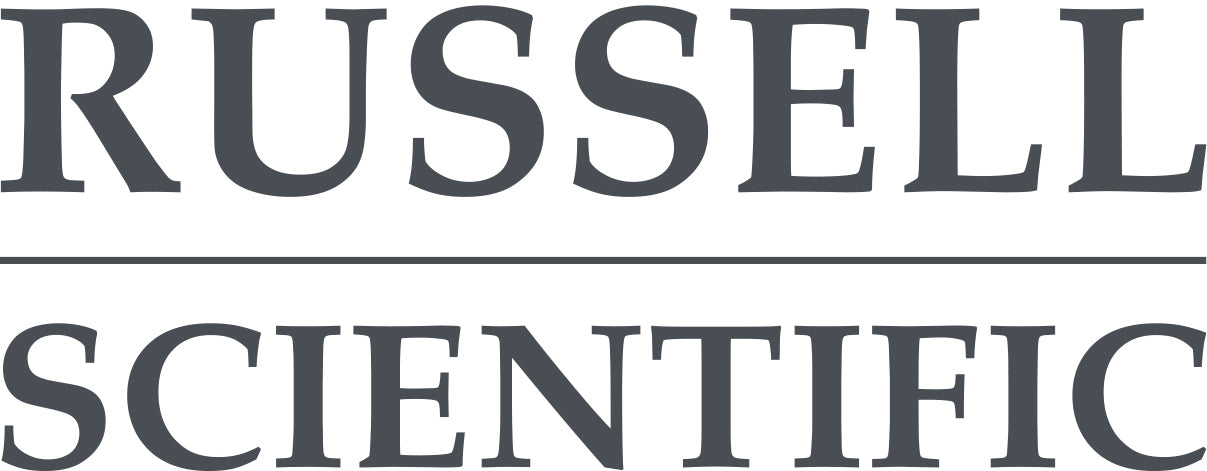
Research
Russell Instruments are essential tools for aiding in various scientific research.

Monitoring
Useful in monitoring ambient temperature and humidity levels in facilities such as laboratories.

Education
Aid in academic study, discover how to use these monitoring instruments. Useful tools in your academic research.
The Scientific and University sectors rely on high-quality, accurate, durable, and efficient scientific monitoring instruments for their research and education. Various areas of study require environmental monitoring to provide the most accurate results. Some examples of this are; studying biodiversity, air quality, soil quality, meteorology, or any field of study where atmospheric levels impact results. For universities, these tools are useful for scientific research, monitoring ambient temperature and humidity levels for areas and facilities such as laboratories, which may require specific environmental conditions.

The Sheathed Ordinary Thermometer 1235
the 1235 ordinary thermometer is specifically designed for use in a Stevenson screen. It measures temperatures from -30°C to +45°C with 0.5°C graduated markings. Mounted vertically as a pair in a screen, with one thermometer measuring dry temperatures and the other used with a wick and reservoir for wet temperatures, forming a masons hygrometer.

Kew-Pattern Hygrometer
The Kew-Pattern hygrometer is a more accurate version of the standard Mason’s hygrometer using ordinary meteorological screen thermometers.
Comprising of a solid backboard, two thermometers, hygrometer wick and class water chamber.
Contact Us Today
With a commitment to exceptional customer service, we offer expert advice and support to help you select the right thermometer and hygrometer for your museum's requirements. Whether you need calibrated instruments for immediate use or uncalibrated options for in-house calibration, Russell Scientific delivers reliable solutions that enhance the preservation, efficiency, and compliance of museum operations. Trust us for products that meet the highest standards and help you maintain the integrity of your museum collections.
Russell Scientific Instruments Ltd
To reach a member of our team, please email us at sales@russell-scientific.co.uk or complete the contact form below.
Alternatively, you can telephone our offices on 01362 693481 to speak with a member of our team. Our office hours are 9am - 5pm, Mon - Fri.
Please note, we aim to respond to emails within 2 working days. If you haven't had a reply, please do telephone us to ensure we have received your message as emails do occasionally get caught in our spam filter.
Q: why are scientific instruments important to universities?
A: Scientific instruments are essential for universities as they facilitate cutting-edge research, hands-on learning, and technological advancement. These tools enable students and faculty to conduct experiments, validate theories, and contribute to scientific knowledge.
q: How do scientific instruments enhance the quality of education?
Scientific instruments provide students with practical experience, complementing theoretical knowledge. They help in developing critical thinking, problem-solving skills, and a deeper understanding of scientific concepts through direct observation and experimentation.
q: What role do scientific instruments play in research?
Scientific instruments are vital for conducting precise and accurate research. They allow researchers to measure, analyse, and experiment with complex variables, leading to discoveries, innovations, and contributions to various fields of study.
q: Can scientific instruments attract research funding and partnerships?
Yes, universities with state-of-the-art scientific instruments are more likely to attract research funding, collaborations, and partnerships with industry, government agencies, and other academic institutions. These instruments demonstrate a university’s capability to conduct high-level research.
q: What is the long-term impact of having scientific instruments on a university’s development?
q: Is training required to use scientific instruments?
Yes, training is mandatory for all users. Training sessions ensure that users understand how to operate the instruments correctly and safely. Training can be scheduled through the lab or department.
q: Who provides the training on scientific instruments?
Training is typically provided by lab staff, instrument specialists, or experienced faculty members. Some universities may also offer online tutorials or workshops.

